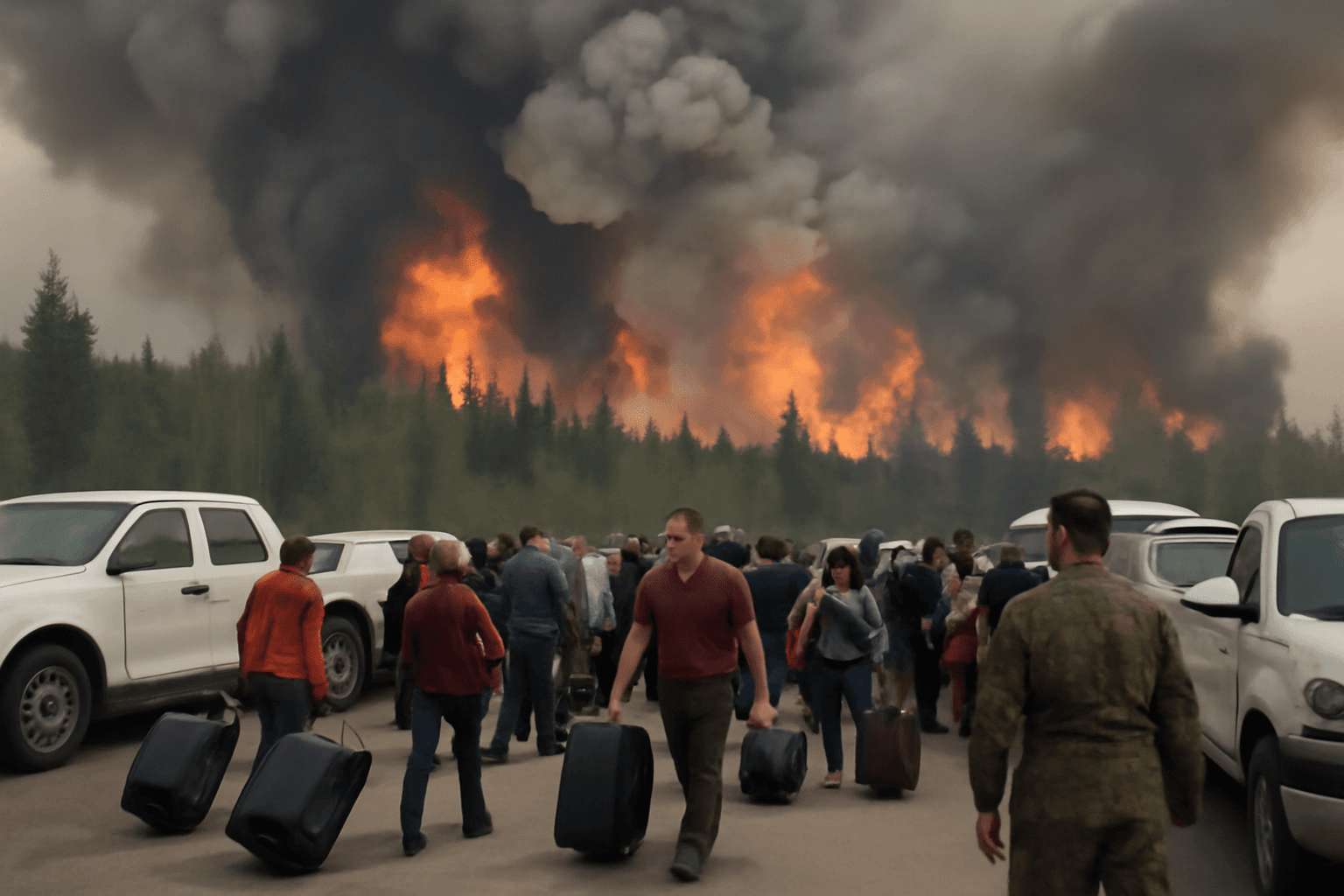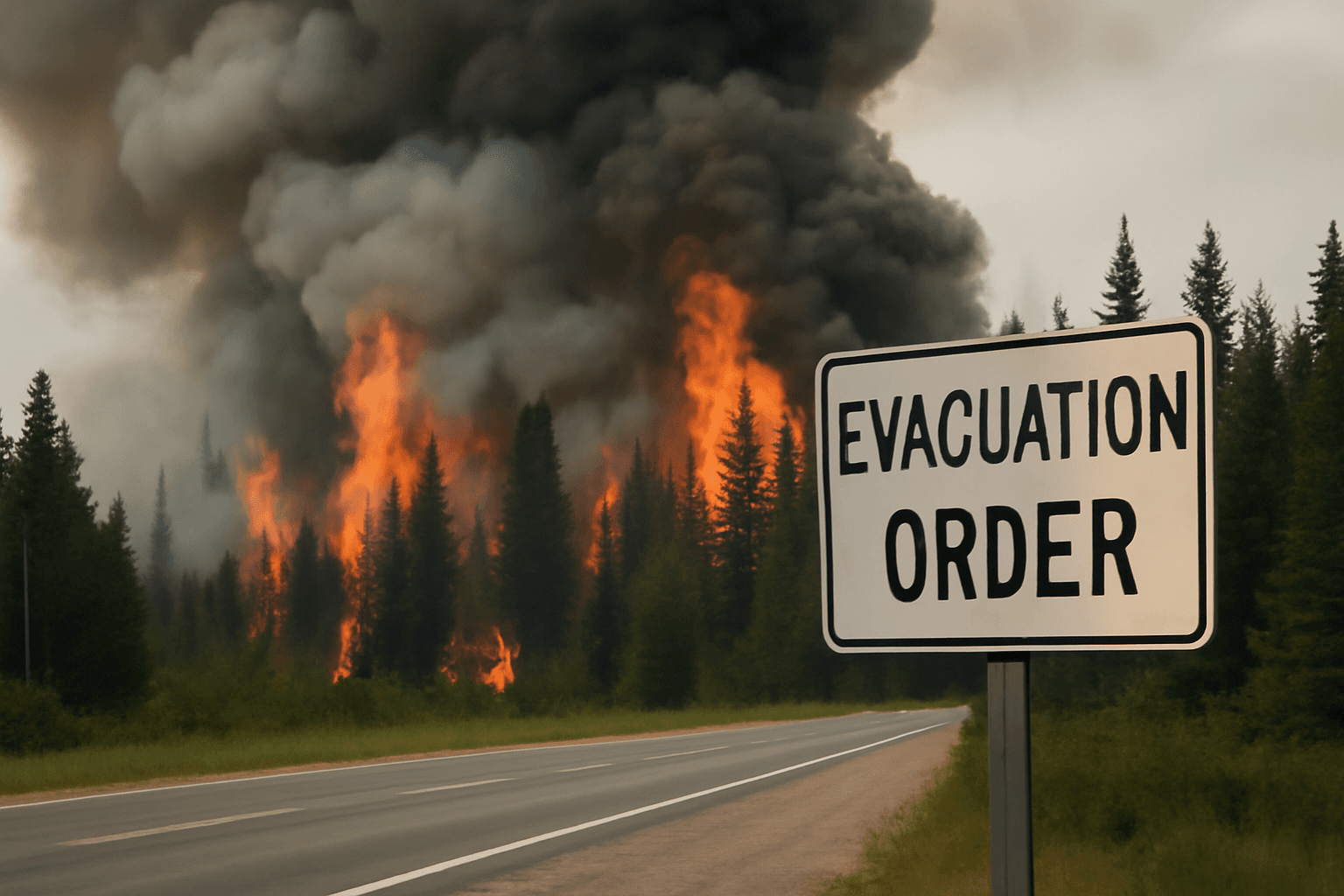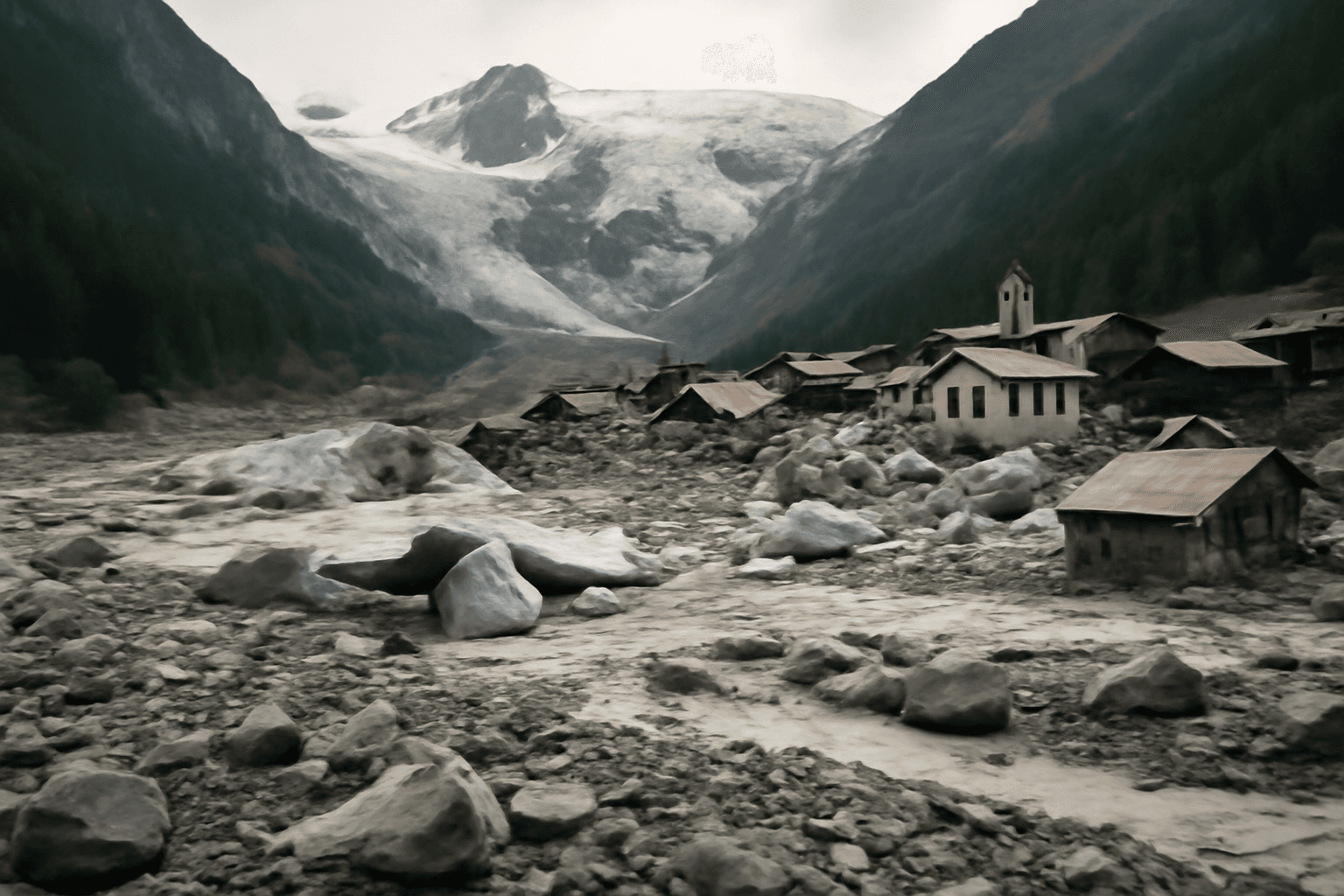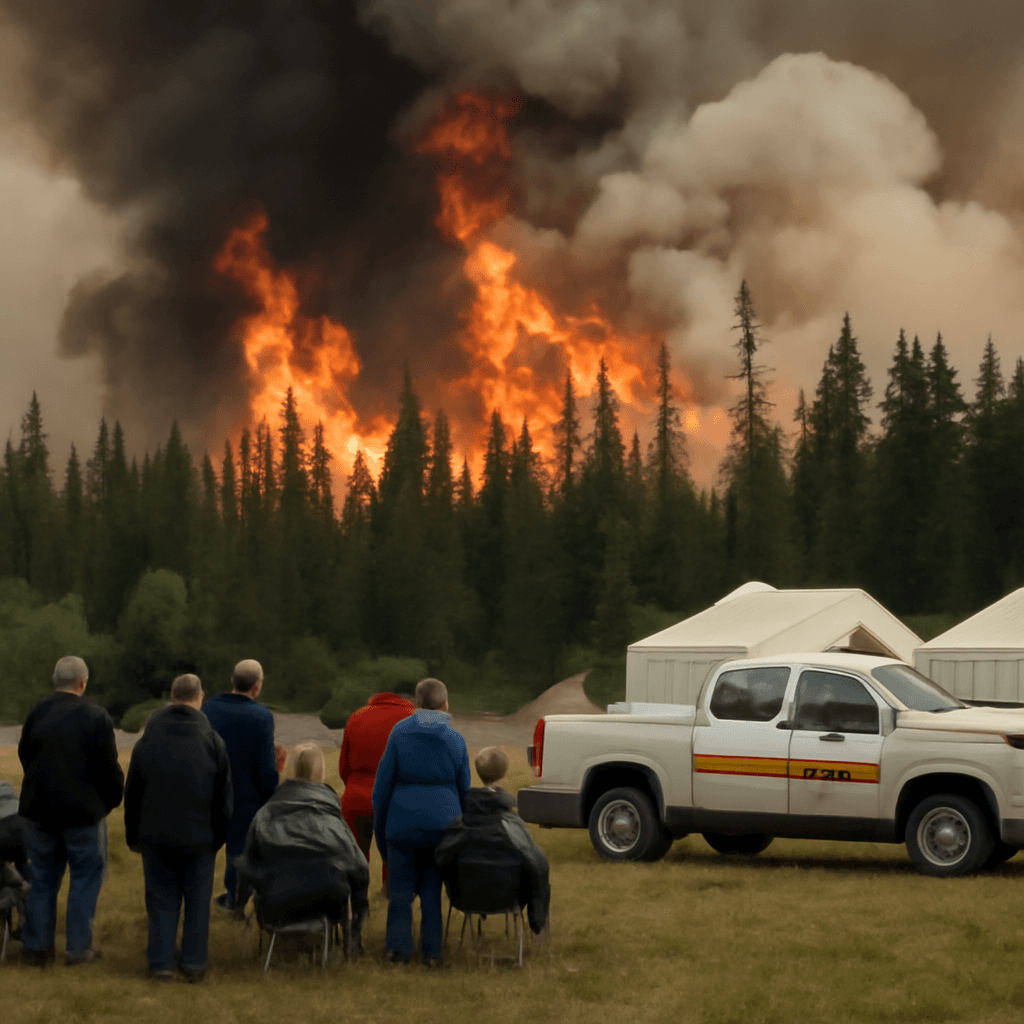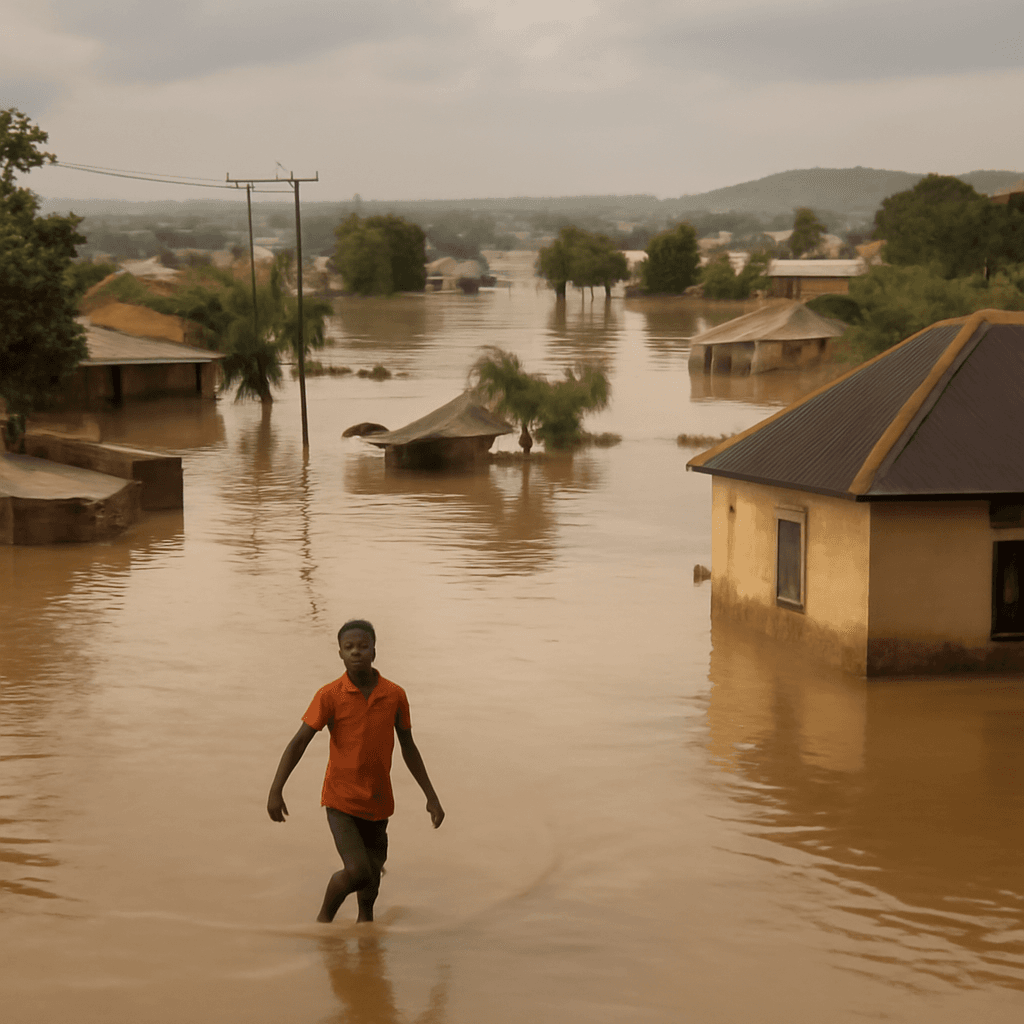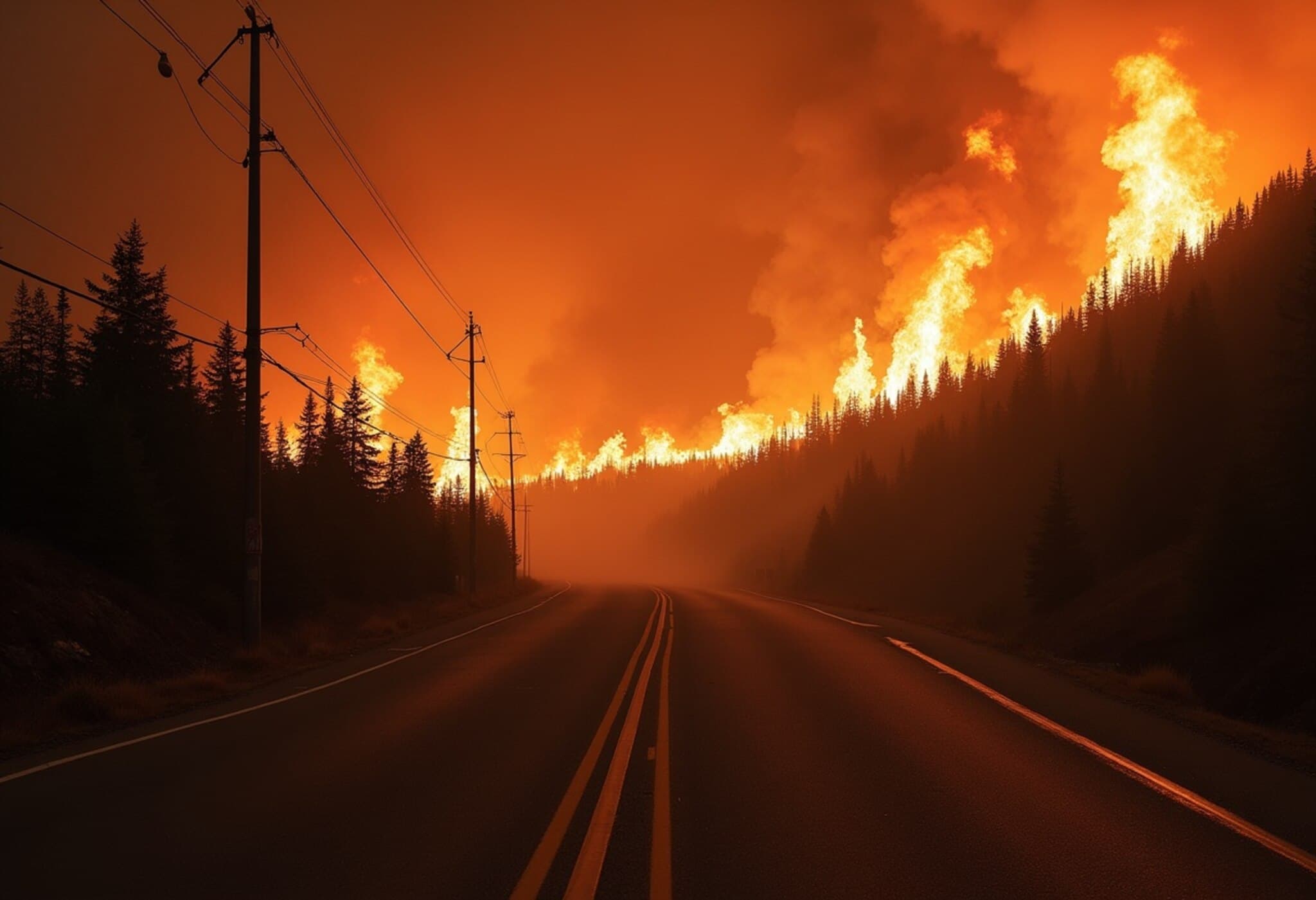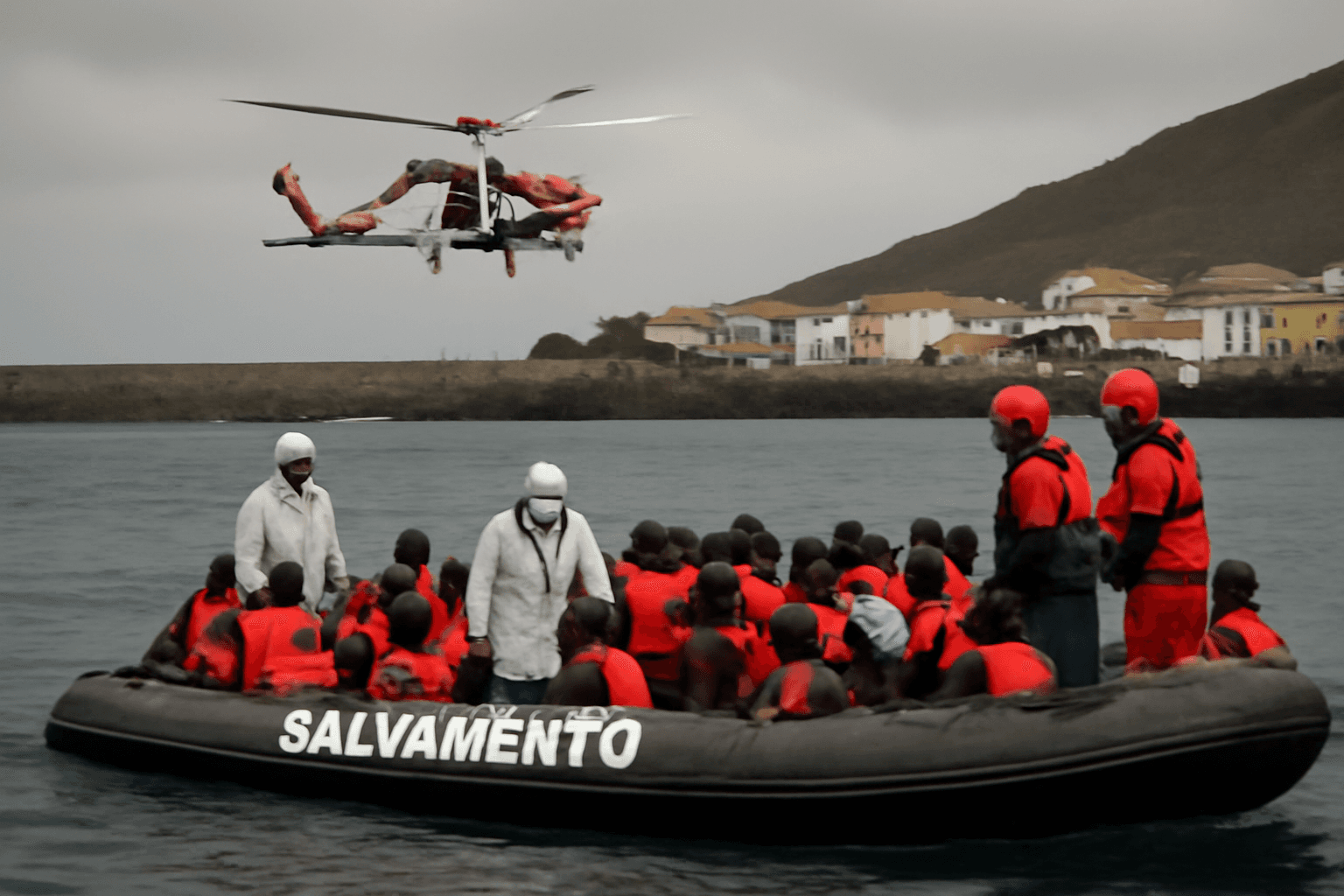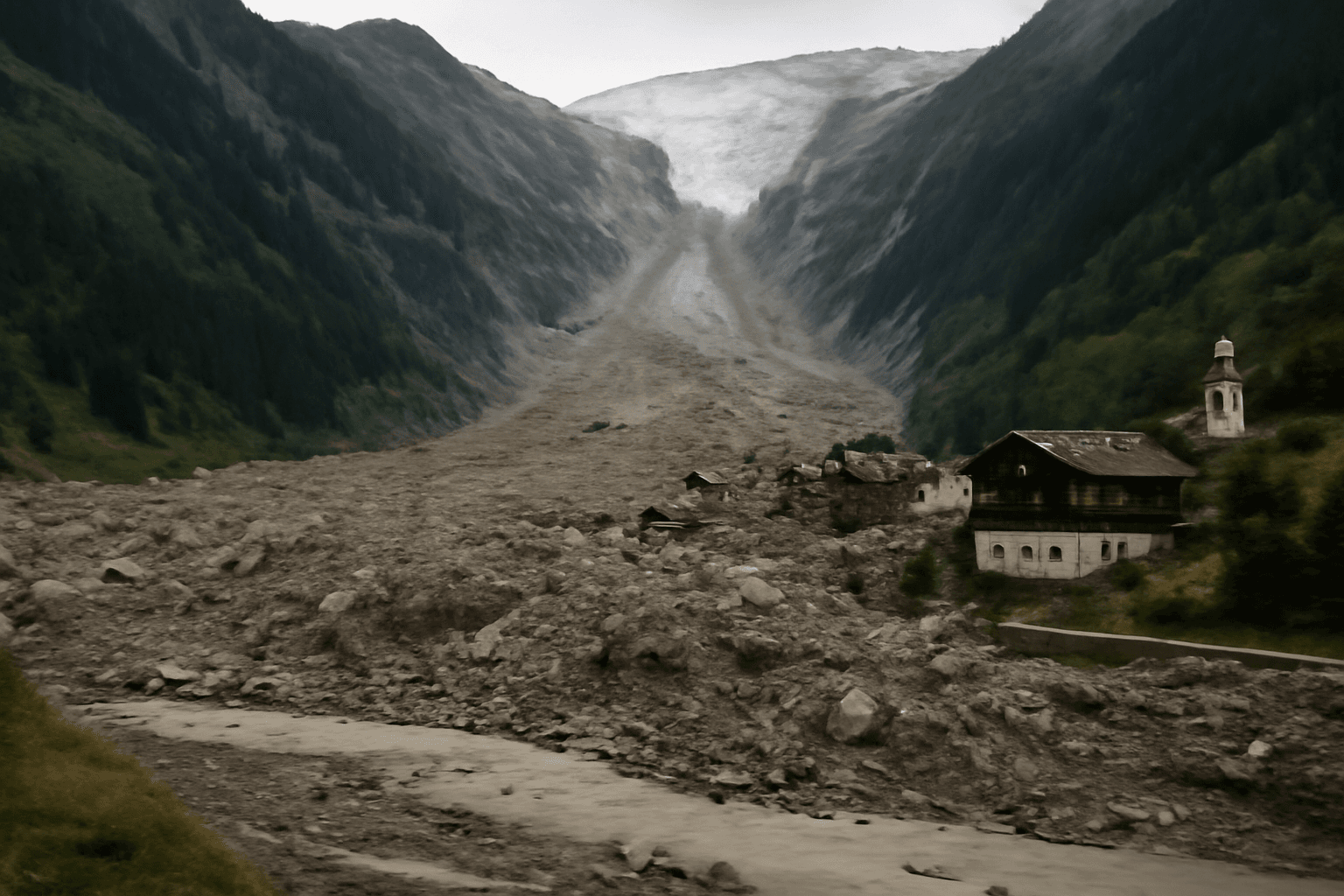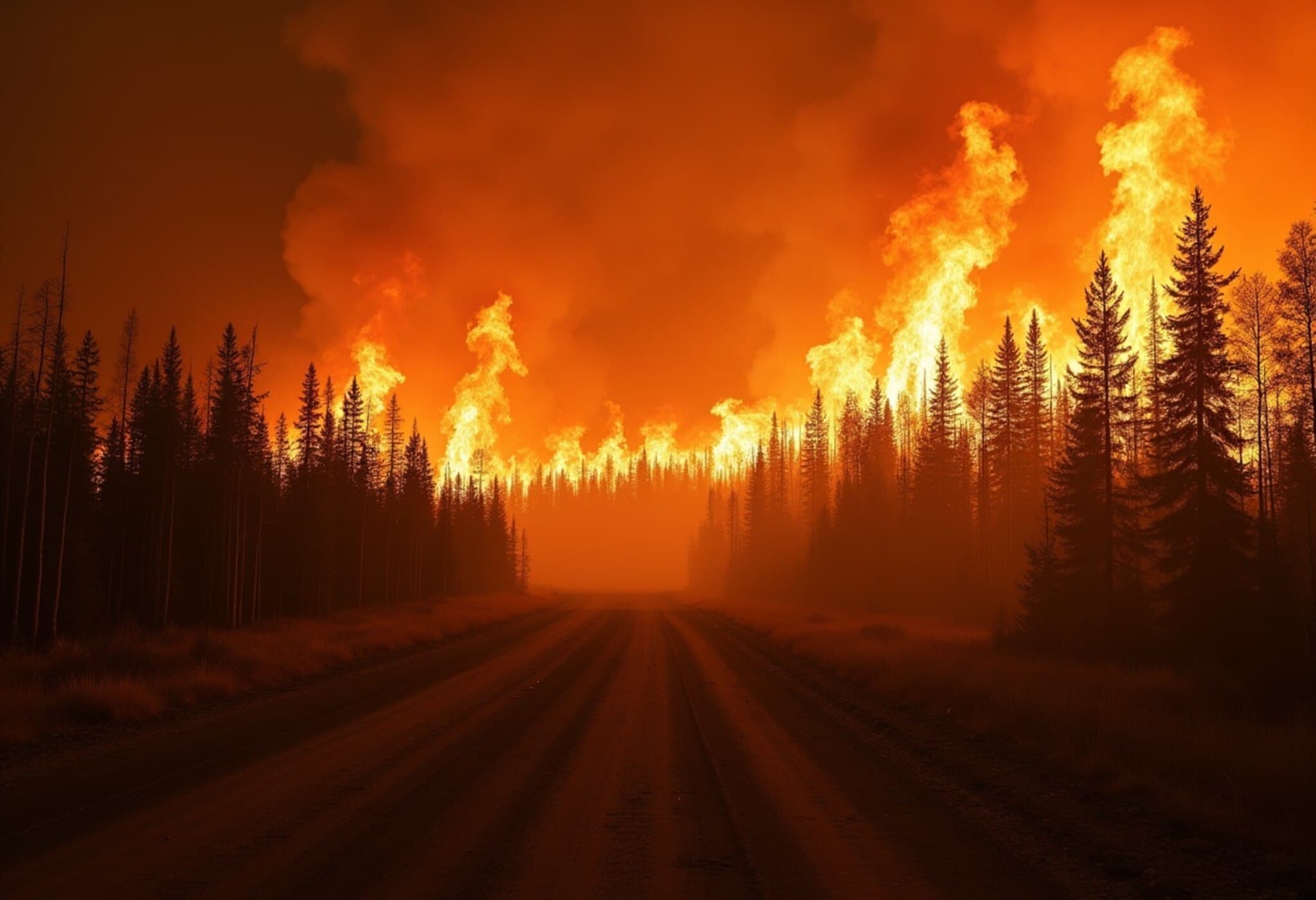More than 17,000 residents in Manitoba, Canada, have been evacuated as the province declares a state of emergency due to an unprecedented wildfire crisis. The wildfires, fueled by dry and warm conditions, represent the most severe start to the wildfire season in years.
Manitoba Premier Wab Kinew announced the emergency declaration during a press conference, describing the situation as "the largest evacuation Manitoba will have seen in most people’s living memory." He revealed that Canadian military forces are being deployed imminently to aid evacuations and firefighting efforts across the province’s remote northern communities.
The mining city of Flin Flon, home to approximately 5,000 people, faces immediate danger as a wildfire originating in neighboring Saskatchewan has rapidly advanced into Manitoba. Residents were advised to prepare for instant evacuation orders. Many other remote towns and Indigenous communities have also been instructed to evacuate, with most evacuees expected to be relocated to Winnipeg, the provincial capital.
Eyewitness accounts from evacuees highlight the severity of the fires. Sheryl Matheson, a fishing lodge owner from Sherridon near Flin Flon, described flames soaring over 120 feet high and surrounding her small town. She noted that firefighters struggled to contain the fast-moving blaze. Similarly, Elsaida Alerta from Flin Flon expressed significant anxiety over preparing to evacuate, citing congested highways and depleted fuel supplies complicating the exodus.
Premier Kinew emphasized the unprecedented spread of the wildfires across every region of Manitoba, linking the crisis to broader climate change impacts. Krisin Hayward of the Manitoba Wildfire Service reported that nearly 200,000 hectares have burned in just a month—three times the average area affected annually over the past five years. Manitoba currently experiences the highest fire activity in Canada, exacerbated by a prolonged dry spell.
Earlier evacuations included around 1,000 residents from Lynn Lake and Marcel Colomb First Nation in Manitoba, as well as 4,000 individuals from Pelican Narrows and other communities in Saskatchewan. The province has also responded to injuries, including a firefighter hospitalized after being struck by a falling tree.
Emergency shelters are being established, and Premier Kinew has called on communities and businesses province-wide to assist by housing displaced residents. The ongoing wildfires are part of a national crisis, with 134 active fires across Canada, half of which remain uncontrolled.
These wildfires come in the wake of last year’s record-breaking wildfire season and the recent fatal fires near Lac du Bonnet that claimed two lives. As Manitoba confronts this crisis, the critical challenge remains in adapting to a climate increasingly prone to severe fire events.

